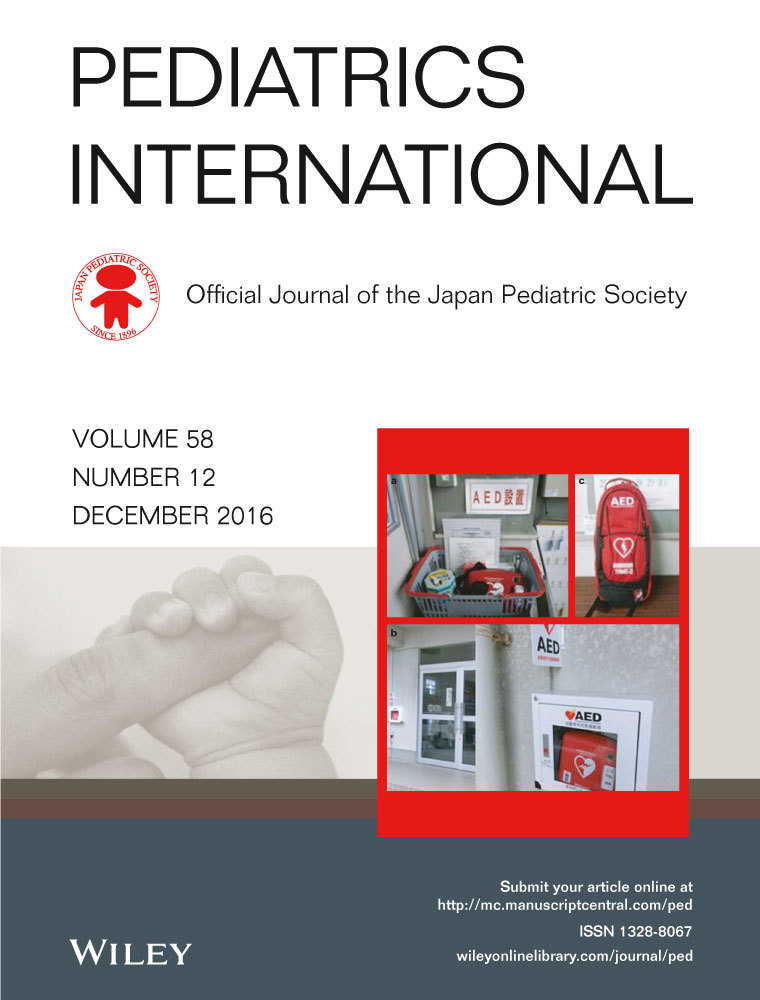Usefulness of CBCL/6-18 to evaluate emotional and behavioral problems in Indonesian autism spectrum disorder children
Abstract
Background
The Child Behavior Checklist (CBCL) has been widely utilized to estimate emotional and behavioral problems in children in the USA and Europe. Although the Indonesian version of the CBCL/6-18 was proven to have good validity and internal consistency in children with typical development (TD) in Indonesia, it has not been utilized for children with autism spectrum disorder (ASD). The purpose of this study was therefore to investigate the usefulness of CBCL/6-18 for detecting emotional and behavioral problems in Indonesian ASD children.
Methods
One hundred and eight mothers of children with ASD and with TD were enrolled in this study. The diagnosis of ASD in Indonesia was made by expert child neurologists based on DSM-IV-TR. Mothers of children aged 6–18 years completed the Indonesian version of the CBCL.
Results
The scores of total problems, internalizing, and externalizing were significantly higher in the ASD group than the TD group. Children with ASD scored significantly higher in seven of the eight CBCL subscales (except somatic complaints) compared with TD children.
Conclusions
The CBCL/6-18 Indonesian version could be considered as a useful tool for detecting emotional and behavioral problems in children with ASD in Indonesia in Muslim populations.




